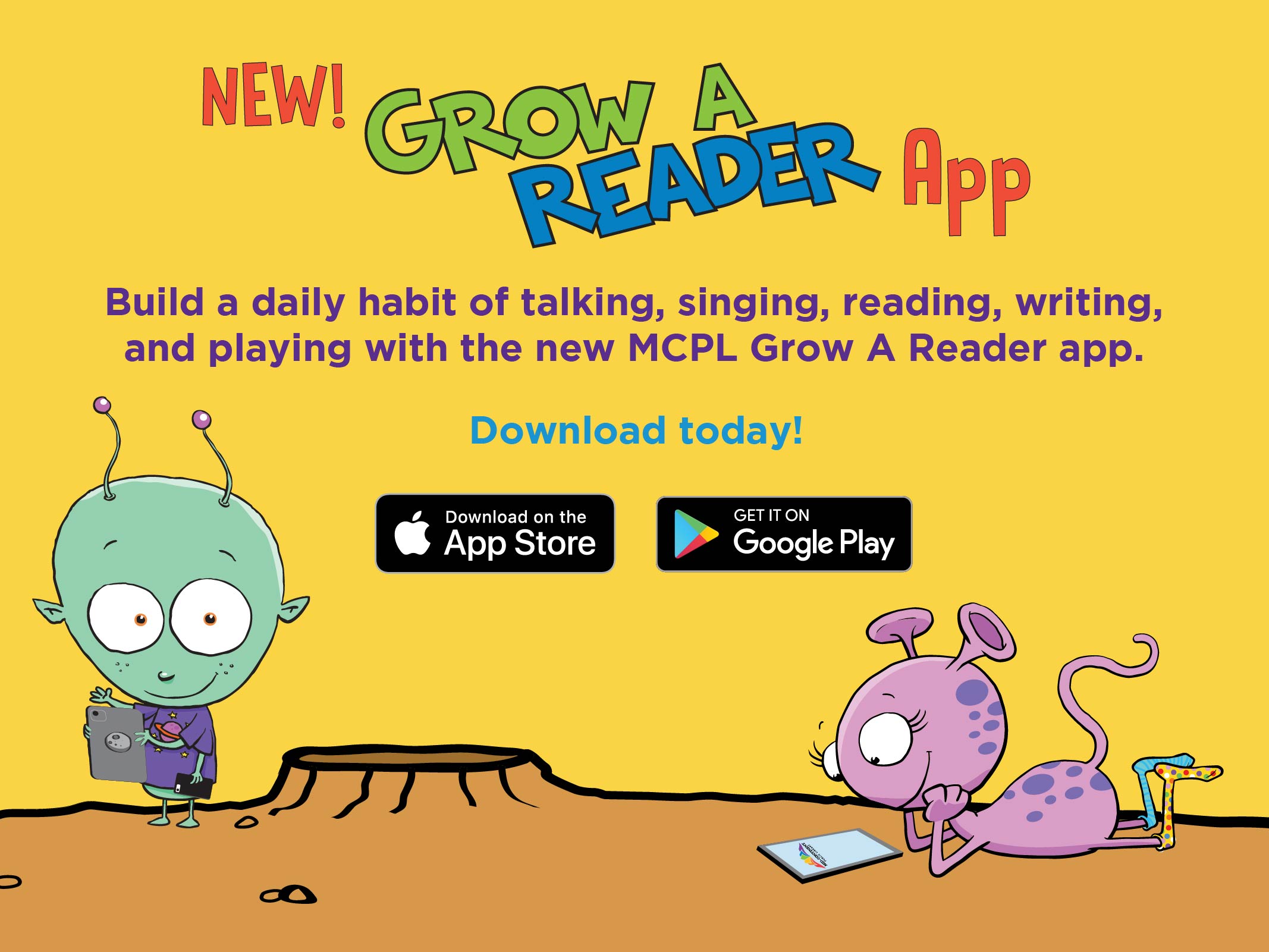
April 20, 2022
“I hate Shakespeare! He’s too hard to understand!” I hear so many naysayers talk about the Bard, and in regard to certain plays by Shakespeare, I would agree with some of you. However, nearly every country in the world has performed some version of one of Shakespeare’s 38 (arguable) plays—whether in opera, ballet, stage production, television, or film adaptation. Thousands of shows of his work are performed nearly every day in some city somewhere in the world.
So, why are his works still popular? I believe for a couple of reasons. First, did you know that Shakespeare is credited with adding or introducing over 1,000 words and phrases to English as we know it today? Here are a handful:
- “Break the ice”
- “Too much of a good thing”
- “Archvillain”
- “Bedazzled”
- “Outbreak”
- “Zany”
Second, the Bard’s works have been adapted to the stage and screen more than any other living or deceased writer in history! You can find Shakespeare’s works, biographies about him, debates, films, musically themed scores, audio recordings of full productions, history, scripts, and more in the Library’s collection. There are over 900 items in the collection about him, his life, his times, and his works; this includes nearly 200 movies (on DVD, Blu-Ray, or streaming). Here is a list of updated flicks: Shakespeare Updated.
You can also check out Access Video on Demand for the almost 2,000 videos (ranging from five minutes to an hour and a half) of productions, explorations of themes, characters, plots, historic tie-ins to Shakespeare’s works and life, and understanding the language. Another great thing about Access Video on Demand is that it is updated monthly, so you will always get fresh looks into your topic of choice.
Access Video on Demand also contains Shakespeare workshops and full productions—re-imagined, updated, and contemporary to entice even the biggest Shakespeare skeptic. Trust me on this! There’s a Sopranos version of Macbeth, a feminist version of The Tempest, and even several plays about corruption, war, and greed: Measure for Measure, Timon of Athens, and Coriolanus.
Here are a few additional Library resources with Shakespearean content:
- medici.tv – These aren’t your traditional shows! View six different versions of Romeo and Juliet and several versions of A Midsummer Night’s Dream, and even one of the lesser-performed dramadies—A Winter’s Tale—as ballets. Macbeth, Othello, Hamlet, Falstaff (a comedic character from multiple plays), Beatrice and Benedick (a more concise version of Much Ado About Nothing), The Merry Wives of Windsor, Romeo and Juliet or Oberon (from Midsummer) are all sung only as re-imagined operas. medici.tv also regularly updates its collection of performances.
- OverDrive Video – If you appreciate Hollywood hunks, check out Orlando Bloom in Romeo and Juliet or Marlon Brando in Julius Caesar.
- Mango Languages – I know that the Bard isn’t always easy to understand, especially when you read it! That’s why words written by Shakespeare and his contemporaries weren’t meant to be read; they were meant to be heard and spoken. If you want to really impress your teacher or director, take the Mango course on Shakespearean English. It’s comprised of 12 lessons, but trust me when I say, I wouldn’t steer you wrong…Lesson One is Insults!
Now my charms are all o'erthrown…. give me your hands if we be friends….Adieu. Parting is such sweet sorrow. Quill Drop!
Andrew E.
Red Bridge Branch
Read Similar Blogs:
Books and Reading
Entertainment
History
Literature
Performance







